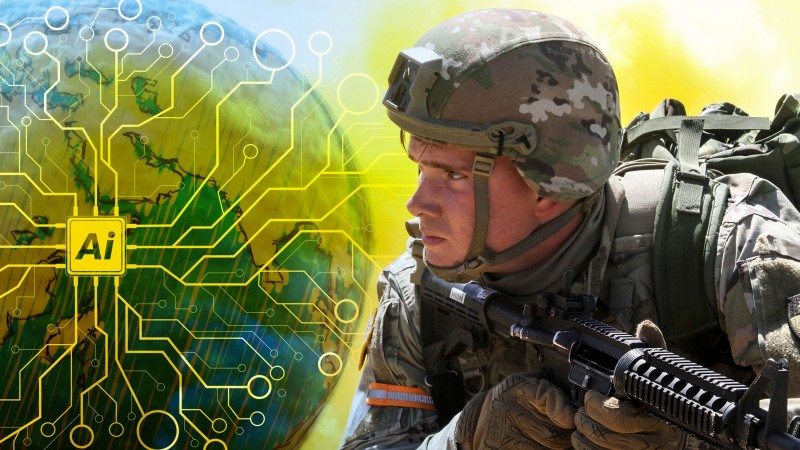- Mastering Mindfulness Meditation: Techniques, Benefits, and Practical Tips
Mindfulness meditation is a transformative practice that involves paying attention to the present moment with openness and without judgment. This guide will delve into the
- Finding the Best Time and Space for Meditation: Optimal Conditions for a Deep Practice
Meditation can be practiced at any time and place, but certain times and spaces can enhance the experience and deepen your practice. This guide explores
- The Ultimate Guide to Meditation: Techniques, Benefits, and Tips for Beginners
Meditation is an ancient practice that promotes mental clarity, emotional stability, and overall well-being. This guide will help you understand the fundamentals of meditation, explore
- The Future of Renewable Energy: Innovations and Challenges
Introduction The quest for renewable energy sources has gained significant traction in recent years, driven by concerns over climate change, energy security, and economic sustainability.
- COVID-19 Vaccine Efficacy and Long-Term Effects What We Know So Far
As the COVID-19 pandemic continues to impact communities worldwide, one of the most searched topics revolves around the efficacy and long-term effects of the available
- The Future of Energy – Advancements and Impact of Renewable Sources
The future of energy is being increasingly shaped by advancements in renewable sources, which are poised to have a profound impact on our planet and
- The Journey to Mars: Navigating Feasibility and Challenges
As humanity’s fascination with space exploration continues to evolve, the prospect of colonizing Mars emerges as one of the most captivating endeavors of our time.
- The Impact of Artificial Intelligence on Healthcare
Artificial intelligence (AI) has emerged as a revolutionary force in healthcare, promising to transform the industry in profound ways. From diagnosing diseases to streamlining administrative
- The Rise of Sustainable Fashion: Trends and Innovations Shaping the Industry
In recent years, the fashion industry has witnessed a significant shift towards sustainability, driven by growing consumer awareness and environmental concerns. From eco-friendly materials to
- Understanding Quantum Computing: Revolutionizing the Future of Technology
Quantum computing has emerged as one of the most intriguing and promising fields in modern technology. While traditional computers rely on binary bits to process
- NCAA Men’s Division I Basketball Tournament Top 10 Highlights
The NCAA Men’s Division I Basketball Tournament, often referred to as March Madness, is a spectacle of athleticism, drama, and memorable moments. While it’s challenging
- Ruturaj Gaikwad: The Rising Star Set to Lead Chennai Super Kings
In the dynamic world of cricket, where talent meets strategy, decisions about team leadership can significantly impact a franchise’s trajectory. In the case of the
- International Podcast Day: Celebrating the Power of Voice in a Digital World
International Podcast Day is a momentous occasion in the world of digital media and content creation. Observed annually on September 30th, this day serves as
- Google: 25 Years of Transformative Success in the Digital Era
Google, a name that has become synonymous with the internet and information retrieval, celebrates a remarkable milestone in 2023 – its 25th anniversary. What began
- International Day of Charity: Spreading Love, Compassion, and Generosity Worldwide
Every year on September 5th, people around the world come together to celebrate the International Day of Charity. This day serves as a reminder of
- Chandrayaan-3: India’s Ambitious Lunar Mission
Chandrayaan-3 represents India’s unwavering commitment to lunar exploration and its growing prowess in space science and technology. The mission’s objectives to study the Moon’s geology,
- Motivational thoughts
- Transforming India through the Clean India Campaign
The Clean India Campaign, also known as the Swachh Bharat Abhiyan, is a nationwide cleanliness drive in India that was launched on October 2, 2014,
- The Pradhan Mantri Jan Dhan Yojana
The Pradhan Mantri Jan Dhan Yojana (PMJDY) is a financial inclusion scheme launched by the Government of India on August 28, 2014. Its primary objective
- 15 Surprising Facts That Make Narendra Modi the World’s Best Leader
Introduction Discover the Untold Side of Narendra Modi’s Leadership Welcome to the world of Narendra Modi, a visionary leader who has captivated the hearts and
- International Widows’ Day: Empowering Widows for a Brighter Future
International Widows’ Day, observed annually on June 23rd, serves as a global platform to raise awareness about the challenges faced by widows and advocate for
- ISKCON is celebrating Puri Rath Yatra all over the world.
ISKCON, the International Society for Krishna Consciousness, is indeed renowned for its grand celebration of the Puri Rath Yatra, which is a significant festival in
- ISKCON: The Global Spiritual Movement of Krishna Consciousness
ISKCON (International Society for Krishna Consciousness), also known as the Hare Krishna movement, is a global religious organization founded in 1966 by A.C. Bhaktivedanta Swami
- World Elder Abuse Awareness Day: Addressing the Crisis and Promoting Dignity and Respect for Older Adults
World Elder Abuse Awareness Day (WEAAD) is observed annually on June 15th to shed light on the issue of elder abuse and promote its prevention.






